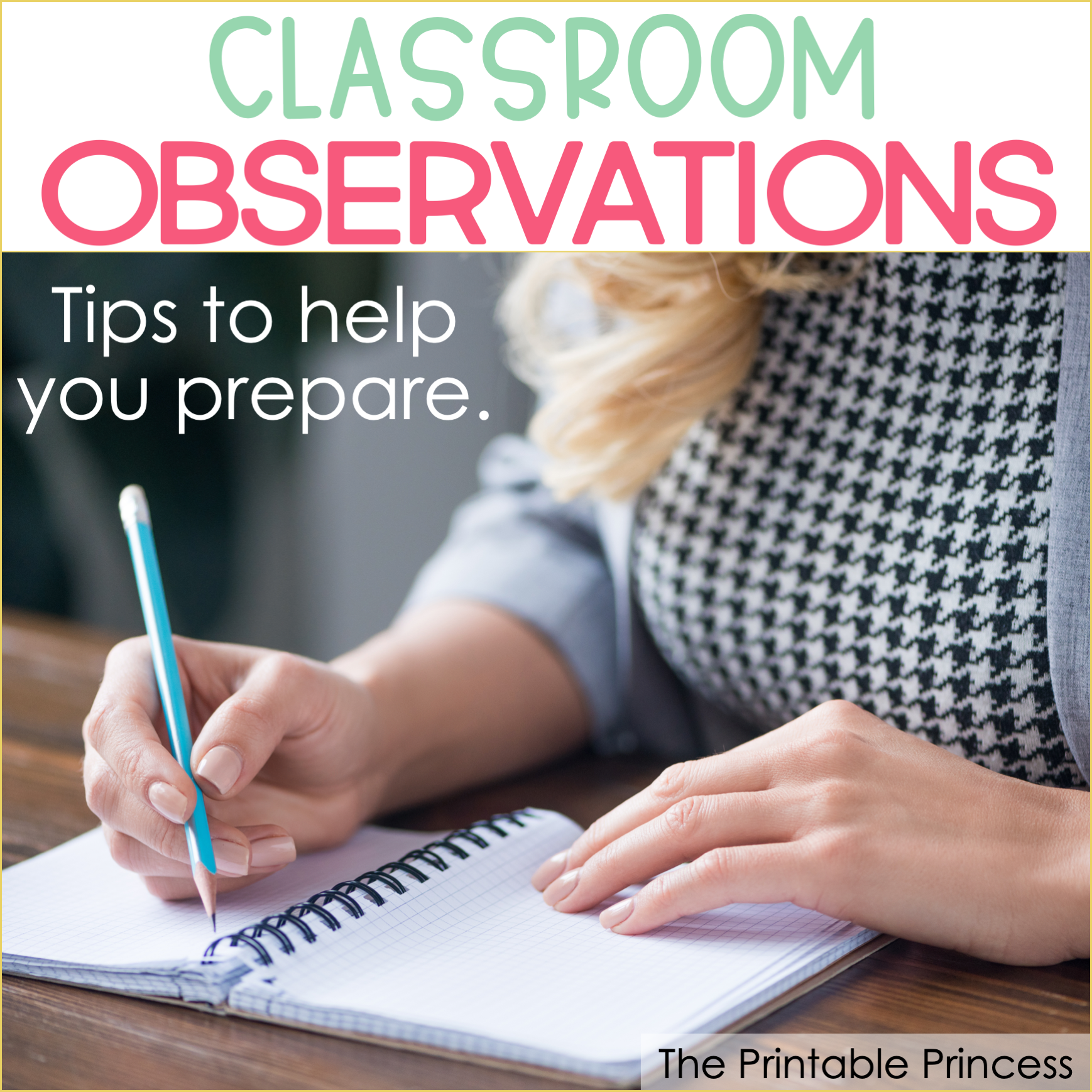Field Trip Tips and Tricks for Teachers
Field trips are an excellent opportunity to put learning into action and expose your young students to valuable real-world experiences. They can also be one of the highlights of the year.
But while field trips are certainly exciting and definitely enriching, they can also be exhausting. A little careful preparation will ensure that your adventure goes smoothly and everyone gets the most out of your day. Here are a few field trip tips and tricks to help make your day successful.

Field Trip Tips and Tricks
Be prepared.
One of the best field trip tips is simply to be prepared! Bring along a backpack filled with any essentials you think you may need- bandaids, tissues, car sick bags, wipes, etc. Consider making a small bag of essentials for chaperones. Gallon size zip-top bags are great for this!
Carry all the necessary paperwork including permission slips and emergency contact forms. Bring a master class list with you. Make a master list of chaperone and groups and give a copy to every adult in your group.
Don't forget to pack a few self care items for yourself- throat lozenges, water bottle, earplugs, Advil or Tylenol- we all know how echo-y buses can be!
Transport student sack lunches in copier boxes. They work great (handles!) and can be recycled afterward.
Open lines of communication.
Even if you usually have a no cell phone policy with your students' parents, field trips are no time to hold back. Trade phone numbers with chaperones and consider getting the bus driver's number as well so you can call them when you're done.
Make sure everyone has the necessary school phone numbers as well as the address and phone number of your destination.
Set your students up for success.
Go over field trip expectations and safety rules. Start a couple of days in advance and repeat daily until they have them committed to memory.
Make sure students know which group they will be in and who their chaperone will be. Put careful thought into grouping students so that the groups are evenly balanced.
Hit the road prepared. Have students get a drink of water, use the bathroom and wash their hands before you leave school.
Be aware of medical needs.
Keep students with severe allergies or medical conditions with you. Be sure to inform chaperones if a child in their group has an allergy. The school nurse will more than likely check in with you ahead of time and supply you with any necessary medications. If not, be sure to check in with them before you leave.
Manage transportation.
Go over the rules for riding on a bus before you board. Stress the importance of staying seated and keeping your hands to yourself. The bus driver will probably give a little safety speech before you leave to reinforce what you have already told them.
Try to seat students together with their group so when you exit the bus there's not too much rounding up to be done.
Take note of your bus number. Write it down on a piece of paper or enter it on your phone. Believe me, there's nothing more disorienting than walking outside to a sea of yellow school buses in the parking lot and you have no idea which one is yours. Confirm exactly where the bus driver will pick you up and what time.
Job #1- Keep track of students.
Consider asking parents to send their students wearing a certain color shirt for the trip. This is especially helpful if you’re going with several other classes. It’s much easier to see which class a student belongs to.
Count heads frequently. When leaving the classroom, getting on the bus, getting off the bus…and about a hundred other times throughout the day. Count. Double count. And then count again!
Come back to a planned activity.
If you’ll be returning with time left in the school day, plan a low-key activity. Have students do quiet reading time or write and draw in their journals. Prepare a post-field trip worksheet for students to fill in with details about their favorite part, something they learned, and what they're still curious about.
Take the evening off.
Field trips can be exhausting so last on the list of “field trip tips” is self-care. After being on high alert all day, the last thing you’ll probably want to do is make dinner. Stick something in the slow cooker before you leave that morning or get takeout. Don't bring home any school work. Take it easy and get to bed early.

Field trips are such an enriching part of a student's education. Despite all the work it takes to pull one off, they rewards are worth it as you broaden your students' world views and add experiences to their academic resume. Plus these extra special days are ones that you and your students will remember for years to come. Hopefully these field trip tips will help make your next outing smooth and successful!
For more ideas, tips, and advice on living your best teacher life click here.














